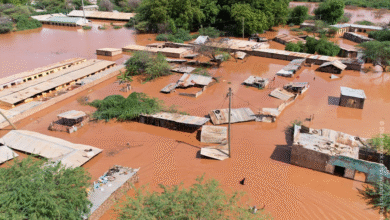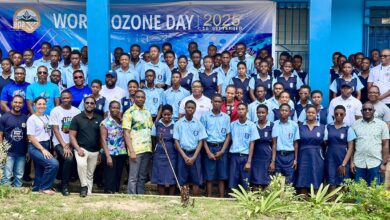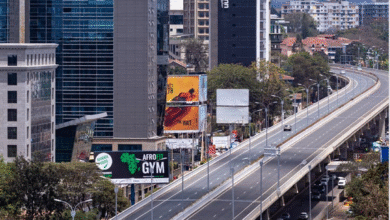High-Stakes UN Talks Resume in Geneva to Tackle Global Plastic Pollution Crisis

Global efforts to forge a legally binding treaty on plastic pollution have resumed in Geneva, as negotiators from over 170 countries seek to recover from last year’s deadlock in South Korea. The 10-day negotiations, under the auspices of the United Nations, are part of an ambitious plan to curb runaway plastic production and pollution, with a 2024 deadline looming.
Talks in Busan last December collapsed after oil-producing countries opposed calls to limit plastic production and eliminate toxic additives. Since then, diplomatic efforts have intensified behind closed doors to break the impasse.
“There’s been extensive diplomacy since Busan,” said Inger Andersen, Executive Director of the UN Environment Programme (UNEP). “Will it be easy? No. But is a deal possible? Absolutely.”
Plastic pollution is now considered one of the planet’s most severe environmental threats, with microplastics found in everything from mountaintops to the deepest oceans and even inside humans. While countries agreed in 2022 to finalize a treaty by the end of 2024, they remain split on how aggressive the measures should be.
Environmental groups and many governments are pushing for hard limits on plastic production and bans on harmful chemicals. Greenpeace’s Graham Forbes stressed the urgency of the issue: “We cannot let a handful of countries block a deal that affects all of us. We need real reductions in plastic, not just better recycling.”
However, oil-rich nations and industry representatives argue that plastics remain vital in sectors such as health and sanitation. The American Chemistry Council insists the treaty should prioritize waste management rather than production caps.
In a bid to improve transparency and inclusivity, this latest round of talks will allow civil society and environmental groups into key discussions, including those focused on chemical use and production limits. Chairing the negotiations, Ecuador’s Luis Vayas Valdivieso said, “We may not agree on every approach, but we all want a future free from plastic pollution.”
Currently, over 400 million tonnes of plastic are produced annually, but less than 10% is recycled. A recent Lancet study warns that plastic pollution is a growing public health hazard, with economic costs estimated at over $1.5 trillion a year.
Outside the negotiating hall, a sculpture made entirely of discarded plastic, that’s The Thinker’s Burden by artist Benjamin Von Wong offers a haunting symbol of the crisis at hand.
As negotiations intensify in Geneva, the world waits to see whether global leaders can put aside differences and strike a deal to reverse the tide of plastic pollution.




